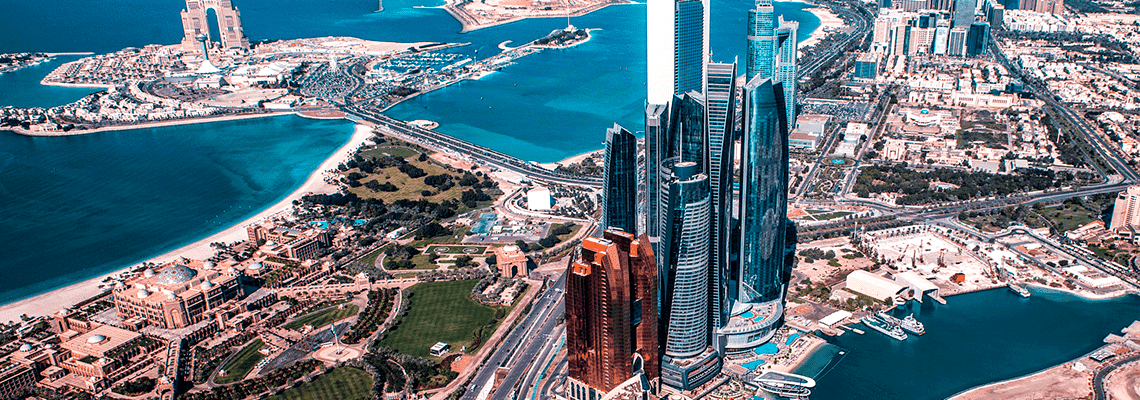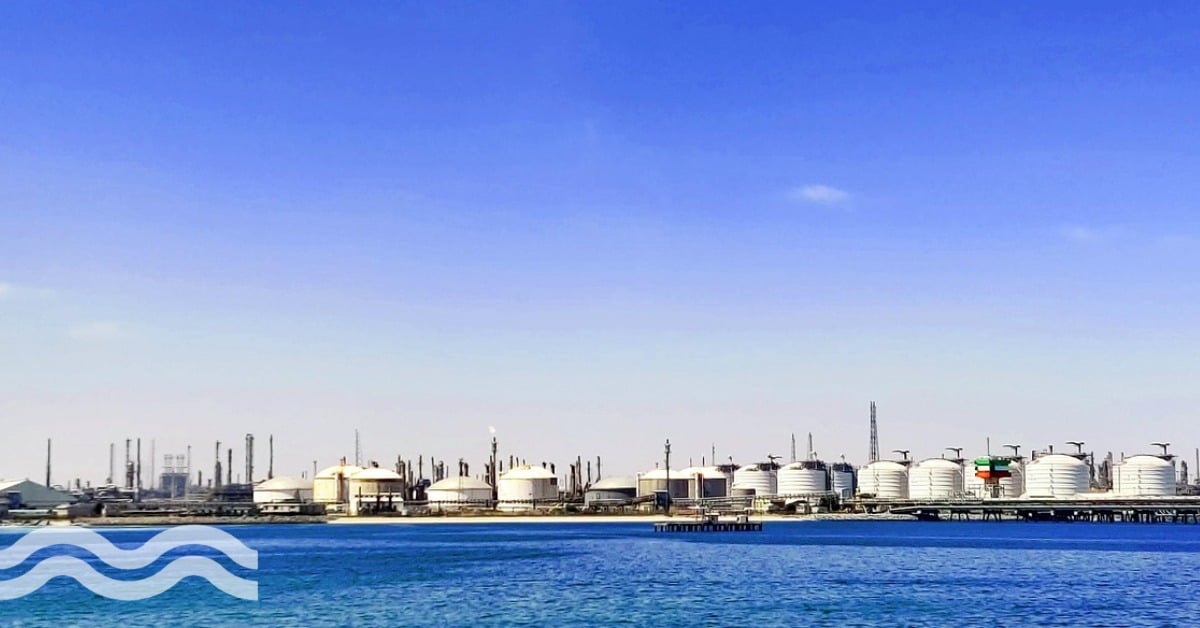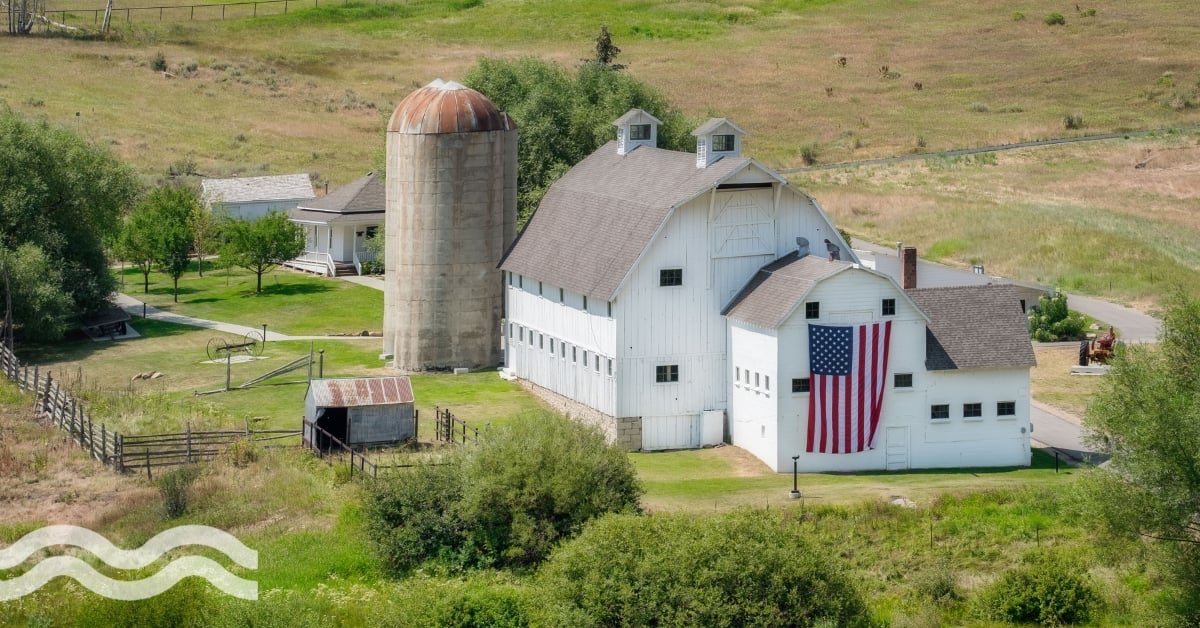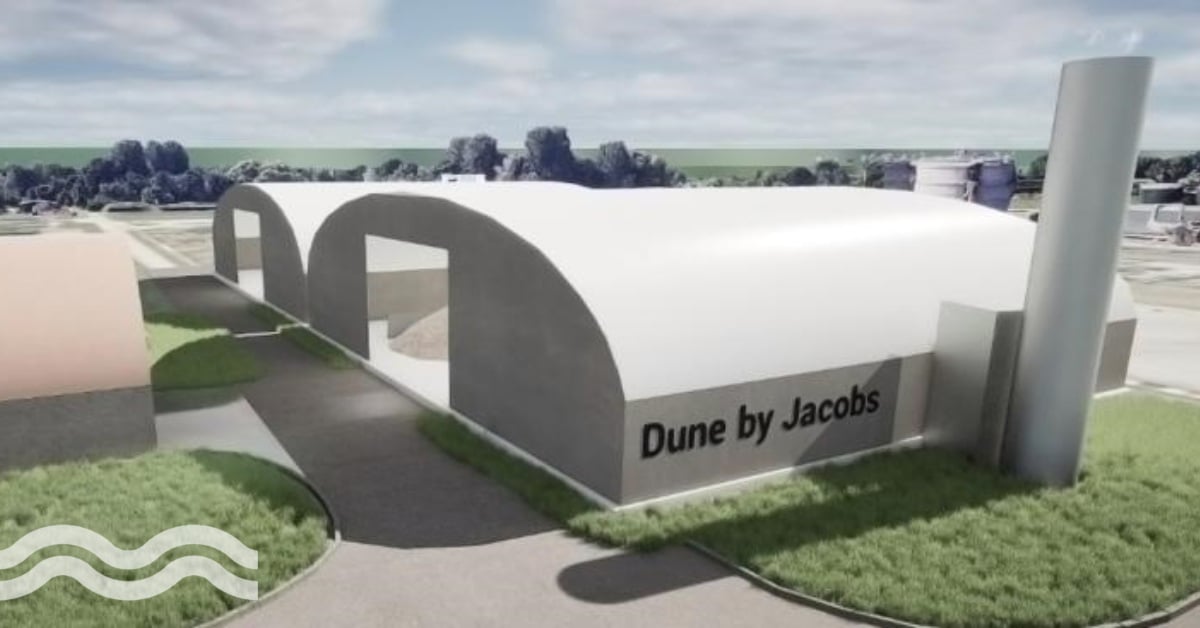
Optimising the use of recycled water
Five major water recycling treatment plants now process more than 93 per cent of the wastewater produced in Abu Dhabi.
That’s according to the Department of Energy’s (DoE) Technical Report and follows a Recycling Water Policy launched in the Emirate in June 2019.
The Abu Dhabi policy aims to ensure optimal use of recycled water in the Emirate by supporting efforts to preserve Abu Dhabi’s water resources, including drinking and groundwater in order to meet the future needs of all sectors.
As well as promoting the use of recycled water for its economic, social and environmental benefits, the policy aims to also look at the future and exploring new markets for reclaimed water and wastewater treatment by-products.
A quantum leap for water supply
At the policy’s launch last year, Mohamed Bin Jarsh Al Falasi, Undersecretary of the Department of Energy in Abu Dhabi said: “This is a quantum leap in terms of water supply reserves that helps reduce reliance on water desalination and groundwater in Abu Dhabi.”
In 2018, the DoE issued two recycled water distribution and supply licences to Abu Dhabi Distribution Company (ADDC) and Al Ain Distribution Company (AADC).
The establishment of the recycled water sector came into effect on 1 January 2018 and the companies, according to the Report, started developing this nascent business, complying with its regulatory principles and managing its operations.
In 2018, the DoE had three major wastewater licensees. These comprise Abu Dhabi Sewerage Services Company (ADSSC) which is licensed for collection, treatment and disposal of wastewater; Al Etihad Biwater Wastewater Company (EB), licensed for treatment of wastewater and Al Wathba Veolia Besix Wastewater Company (VeBes) also licensed for the treatment of wastewater.
The DoE reported that in recent years, it has “observed several companies are operating small scale sewerage systems throughout Abu Dhabi Emirate and it has obligated these companies to comply with its regulations by issuing licences to unlicensed facilities”.
Treatment capacities of these small-scale sewerage systems are 10,000 m3/day and below. With regard to the quality of recycled water in Abu Dhabi’s distribution system, the updated Recycled Water and Biosolids Regulations (RW&B) 2018 issued in 2018 requires distribution companies to develop recycled water safety plans to the point of delivery to the end-users and to perform sampling at various zones through the Emirate.
According to the report, “the data shows excellent compliance throughout 2018 for sanitary and microbiological parameters, with occasional exceedances noted for some microbiological parameters”.
Thermal desalination continues dominance in Abu Dhabi
The DoE’s 2019 Technical Report said that in terms of water demand growth, the global demand in 2018 in Abu Dhabi peaked at 3.76 million m2/day, which was “a negligible difference from 2017, while the daily peak demand for the Emirate dropped by near 2 per cent from 2015”.
Thermal desalination accounted for 85 per cent of the water production in Abu Dhabi, predominantly via multi-stage flash (MSF) distillation, and to a lesser extent multiple effect distillation (MED).
The remaining 15 per cent was generated by seawater reverse osmosis (RO).


